Hello everyone!
Here’s our latest episode - Pondering Panspermia w/ Brian Selznick, Author of Big Tree!
NARRATOR: There are those who suggest that life on Earth began out there… Among the stars. Well, not the stars. Too bloody hot. Among the planets and asteroids, scattered throughout the Cosmos… With building blocks of life that may have been the forebearers of proteins, biopolymers, and peptides. Some believe there may still be the stuff of life floating around space searching for a planet or moon where they can, once again, ignite the process we call… life…
Welcome back to The Cosmic Companion. I’m James Maynard. This week we are Pondering Panspermia. This notion presents the idea that life on Earth — may have been delivered to our world — in whole or in part — by asteroids and comets. This same process could also spark life around the Universe.
Listen to the podcast version of this episode here, or watch it as a video!
A handful of macroscopic forms of life — like this loveable tardigrade over here —seem to be quite adapt at living in space. And some research suggests that some microscopic lifeforms might survive the harsh conditions of space and entry into the atmosphere.
[Wheeeeee!!!]
A variation of this idea, soft panspermia, suggests that, instead of life itself, comets and meteorites may have delivered the building blocks of life, including amino acids, to our young world.
[Yo! Amino acids!]
So, amino acids are the building blocks of proteins. These organic compounds are characterized by a side chain of atoms, distinguishing each different type of amino acid.
There are about 20 different kinds of amino acids commonly found in proteins. These molecules linking together into long chains called polypeptides can fold into complex structures, forming functional proteins, which are essential for all life on Earth.
These same amino acids also appear to be common in space. Samples collected from the asteroid Ryugu contain amino acids and water, making the possibility of at least soft panspermia more likely.
Earth coalesced out of a disk of gas and dust roughly 4.5 billion years ago, and then was whacked by a Mars-sized body, forming the Moon. What remained of our planet was basically molten magamaaa. And if you were looking for a place to set up new life, Earth at that time would not be your first choice of locale.
[[This was called the Hadean Eon. I quite enjoyed it if I’m being honest. Fire, brimstone… Ahh, those were the days…]]
HOWEVER — Biologists currently place the beginning of life at somewhere around four billion years before our time. That only leaves around 500 million years for our planet to go from a hellish lava ball to igniting the first sparks of life.
Now either our planet is weird (which, by the way, it IS! More on that on next week’s show, Crazy Cosmos! with Emily Fego from National Geographic), OR life quickly springs up anywhere conditions are not hideously horribly horrifically horrendous. If that is the case and life ignites quickly in most places, we might expect extraterrestrial life to be far more common around the Cosmos than most people imagine.
[Get back to panspermia! That’s why I’m here!] {<<< This connects — trust me!}
So, how DID life kick off on Earth so quickly? Panspermia (now available in regular and soft flavors) suggests living beings got a kickstart when primitive lifeforms — or the building blocks thereof — were delivered to our nascent planet by asteroids and comets.
Even if precursors to life found their way to Earth, questions still remain of how they bonded together in intricately complex forms, developing the abilities for replication, and metabolism, which are among the hallmarks of life.
Winding the clock backward even further presents the next logical question — if primitive life or the earliest precursors to life on Earth came from comets and asteroids, where did those bodies come from? Most of the objects to strike Earth first formed in our solar system along with our home world. Some, however, may have journeyed from other star systems, far beyond our family of planets.
Like the seeds of a dandelion, which can travel kilometers from the patch of land where they form, these harbingers of life might traverse light years before finding a home where they might bring forth the light, and the endless possibilities, of life.
Next up, we talk with Brian Selznick, Author of Big Tree.
[[Panspermia is an idea with quite a history. I’m the Greek philosopher Anaxagoras, and I first coined the term panspermia almost 2500 years ago. Wow! Has it been that long already? The word panspermia means seeds everywhere, just like Brian’s book. They tell me that panspermia is now becoming more accepted by scientists in your time. I guess the seeds of my idea about the seeds of life spreading everywhere are now spreading everywhere. I call it metapanspermia.]
So far, we only have an extremely limited view of what constitutes biological life. Every being, every microorganism, every flower is the product of evolution on a single world — Earth. For now, this limited view prevents us from testing the idea of panspermia experimentally.
Once we discover alien biologies, and study their genetic makeup, we will be able to test these ideas for the first time. We may, quite possibly, find their underlying chemical nature is based on the same chemicals and molecular patterns we see in our own bodies.
Such a finding would radically alter our ideas of our place in the Universe. Notions that the Cosmos was created solely for the benefit of one species, nation, or religious affiliation would quickly recede, replaced by realizations of a Universe teeming with an unimaginable diversity of life.
Next week on the Cosmic Companion, we’ll bring you for a tour of some of the strangest objects around our Crazy Cosmos! from black holes, to a diamond the size of Earth, and beyond. We’ll be joined by National Geographic’s Emily Fego, talking about Nat Geo’s new work, That’s Fact-Tastic! Make sure to join us starting on 6 May.
Sign up for our mailing list at TheCosmicCompanion.com and see each episode as they are released. While you’re at it, feel free to share, comment, send us vast sums of money, whatever. It’s all good.
Clear skies!
James




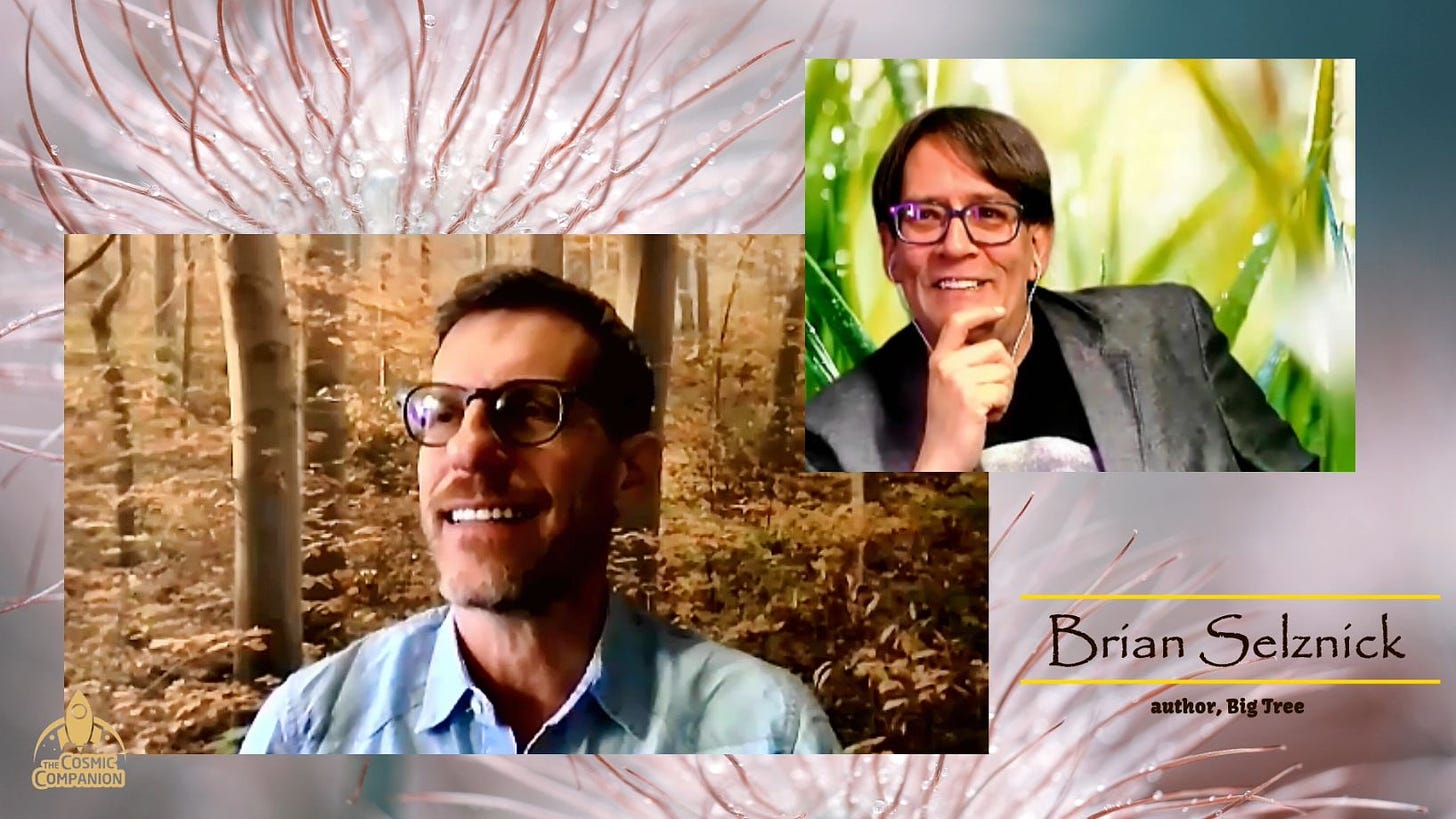
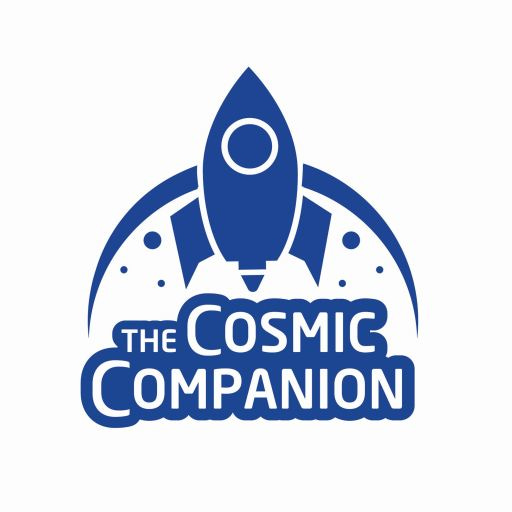





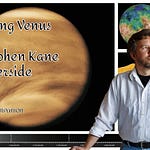

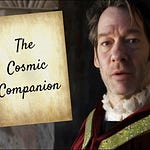





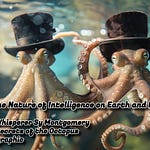

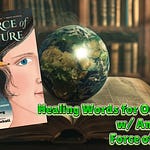

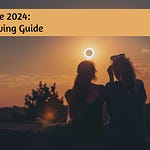
Pondering Panspermia w/ Brian Selznick, Author of Big Tree